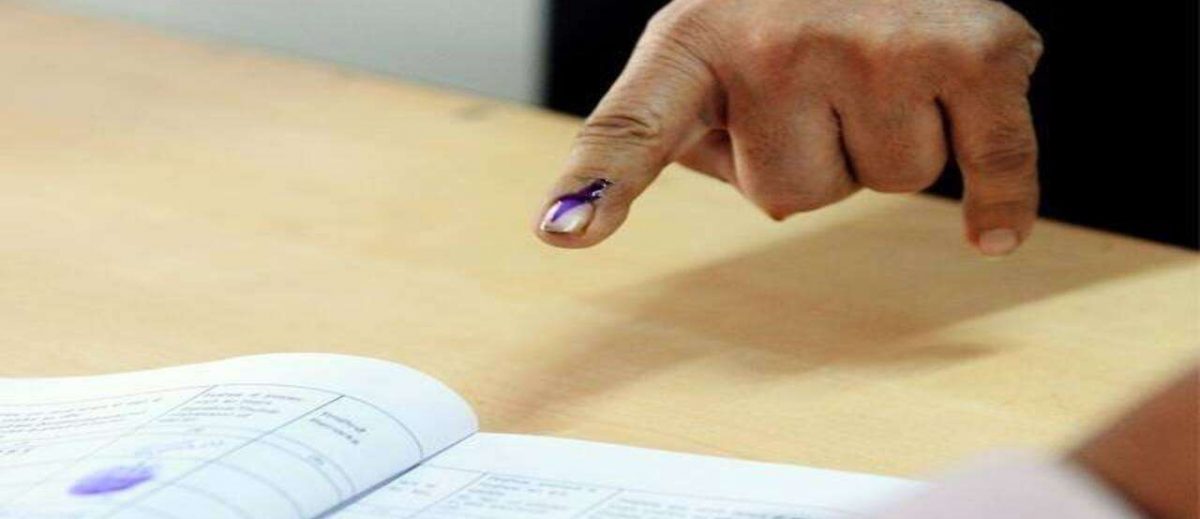
The topic that has captured most of the public attention as well as media space in the past few weeks is the election in four states ( including West Bengal ) and one union territory. With so much hype generated around election, it is but natural to talk about it, in our today’s blog. To define, it can be said that election is a formal group-decision-making process, by which a population chooses an individual or multiple individuals to hold public office. Basically, elections have been the usual mechanisms by which modern representative democracy has operated since the 17th century. Though the process of election is primarily carried out to select candidate for regional or local government, the process is also used in many other private and business organisations like clubs, corporations, etc. There are different ways to organise an election in different countries. Voters might vote for an individual or they might vote for a political party. Elections and other political processes are crucial to the quality of a country’s governance and can either greatly advance or set back a country’s long-term democratic development.
HISTORY OF ELECTIONS :
If we move back a few centuries we will see that elections were used in ancient Greece and ancient Rome as well as throughout the medieval period, to select rulers such as the holy Roman emperor and the pope.
Back home, in India, in the Vedic period, the Raja ( chief) of a Gana ( a tribal organisation ) was apparently elected by the Gana. The Raja always belonged to the Kshatriya Varna ( the warrior class ) and had to be a son of the previous Raja. However, it was the member of the Gana, who had the final say in the election. The first recorded popular elections of officials to public office, by majority vote, where all citizens were eligible both to vote and to hold public office, date back to the Ephors of Sparta in 754 B.C. It was held under the mixed government of the Spartan Constitution.
FUNCTIONS OF MODERN ELECTIONS :
India is a constitutional democracy with a parliamentary system of government, and at the heart of the system is a commitment to hold regular, free and fair elections. Election, as we see today, is a complex process and almost has a ritualistic aspect. Elections and the campaigns preceding them are dramatic events that are accompanied by rallies, banners, posters, buttons, headlines and television coverage; all of which emphasise the importance of participation in the event. Elections make a fundamental contribution to the democratic governance as they enable voters to select leaders and to hold them accountable for their performance in office. Elections provide political education for citizens and ensure the responsiveness of the democratic governments to the will of the people. They also reinforce the stability and legitimacy of the political community. Moreover, where the electoral process is competitive and forces candidates or parties to expose their records and future intentions to popular scrutiny, elections serve as the forums for the discussion of public issues and facilitate the expression of public opinion. Last but not the least, they seve as a self actualizing purpose by confirming the worth and dignity of the individual citizens as human beings.
https://kfmindia.in/blogs/pros-and-cons-of-working-from-home/
https://kolahalstudio.com/single-blog.php?blog=Ghost-Hunting